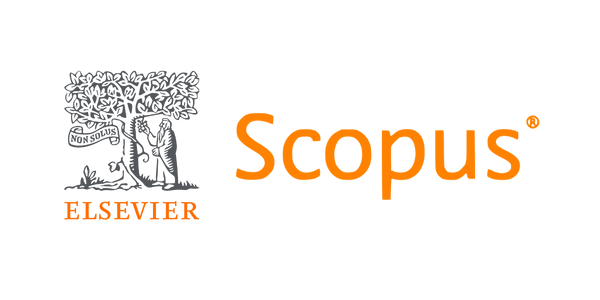A survey of attitude of lecturers and students of anatomy towards making anatomy career friendly in Nigeria
DOI:
https://doi.org/10.61386/imj.v5i1.98Keywords:
Anatomy, anatomy education, anatomy career, students' attitudeAbstract
Background: Anatomy graduates in Nigeria face a lot of career uncertainties with a narrow career prospect and consequent employment challenges in a country where unemployment is high.
Method: A total of 258 structured questionnaires were administered to lecturers and students attending the 10th annual conference of Society for Experimental and Clinical Anatomy (SECAN) held in Enugu, South East Nigeria, out of which 248 returned the questionnaires and were included in the study.
Results: This showed that 73.4% of the respondents believed that the present anatomy curriculum is not career-friendly, while 88.7% suggested that it should be restructured to make it more career-friendly. A total of 62.9% of the respondents were of the view that students do not spend enough time on practical sessions and 100% of the respondents agreed that students are not sent out for industrial training or clinical experience in related areas. Majority (91.9%) of the respondents were of the view that this will motivate and further improve the quality of anatomy graduates. Only 23.6% of the students believed that there is career satisfaction amongst anatomy students while 95.5% of the lecturers believed that there is career satisfaction amongst anatomy lecturers. One hundred and four (41.9%) respondents felt that failure rate in their school was high, 96 (38.7%) felt it was moderate and only 48 (19.4%) felt it was low. Majority of the respondents also believed that subspecialties like radiology, forensic anatomy, embryology, teratology, embalmment, and anatomical techniques should be introduced.
Conclusion: The present anatomy curriculum needs urgent review and major restructuring to make it career friendly as shown by the attitudes of respondents in this study. There is need to introduce clinical experience and industrial training in relevant areas to motivate students and improve the learning process.
Published
Issue
Section
License
Copyright (c) 2012 Peter AI, Azu OO, Ekandem G, Etuknwa BT, Bassey RB

This work is licensed under a Creative Commons Attribution 4.0 International License.










